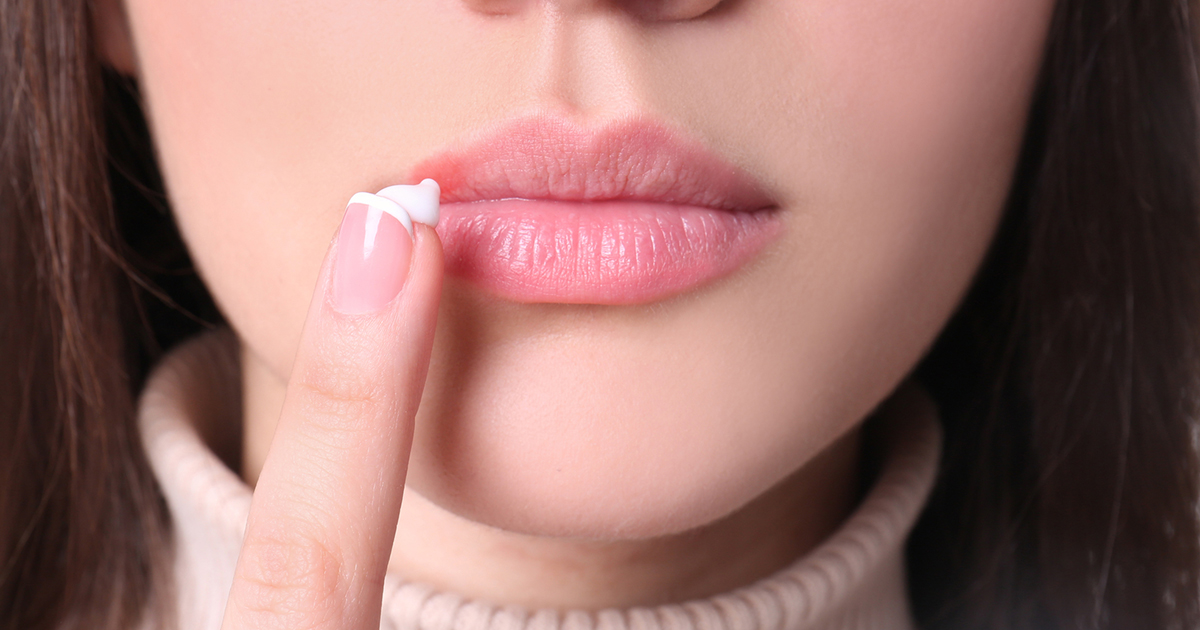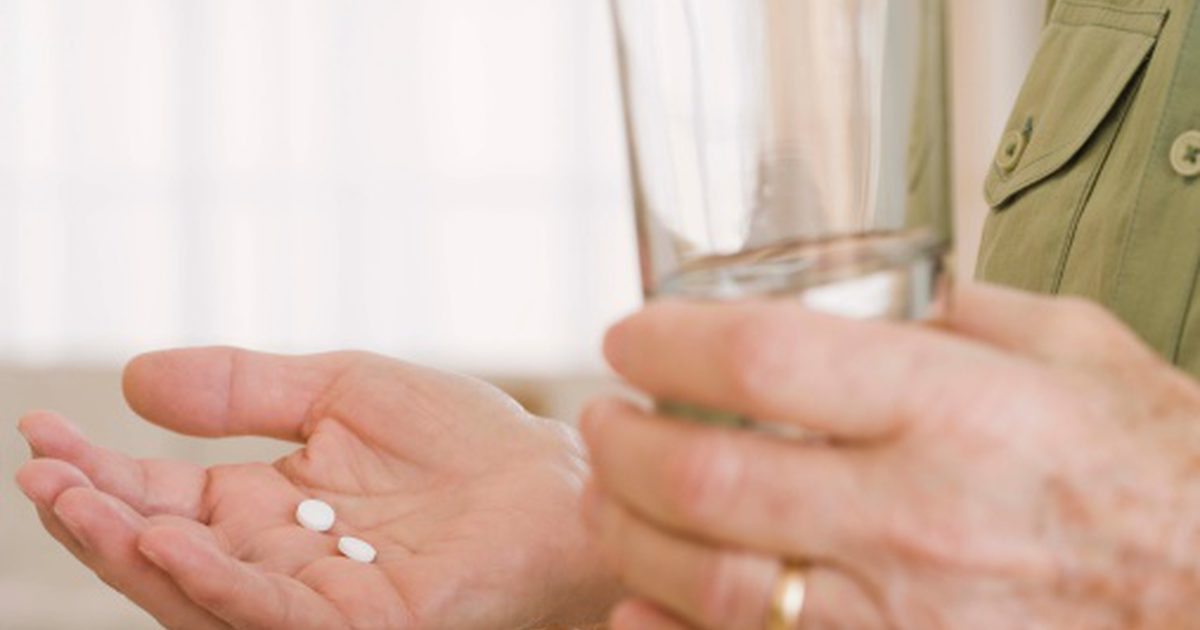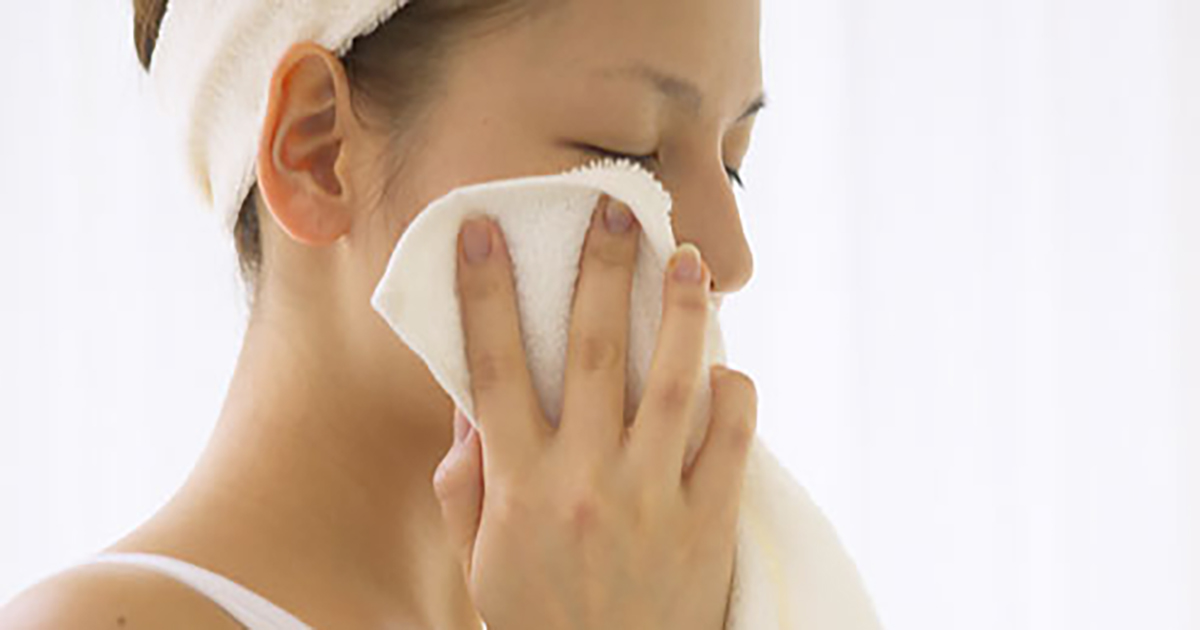How To Treat Cold Sores
Cold sores are a viral skin disorder caused by the herpes simplex virus. They commonly occur around the mouth and the lips, but they are also known to appear on the nose, cheeks, hands, and other parts of the body. Almost ninety percent of all adults will have experienced a cold sore at one point during their lives. However, after the initial infection, many individuals develop antibodies that protect them from suffering from further outbreaks. Despite some developing a resistance to the virus, others remain prone to recurrent outbreaks. Minor cold sores can be an inconvenient nuisance, but they can also emerge as severe and painful blisters that require additional medication and self-care.
Topical Antiviral Medication

One of the most common methods of treating cold sores is through topical antiviral medication, the most popular of which is docosanol. A doctor may prescribe a stronger medication to treat severe cold sores and promote healing, which usually contains numbing agents like phenol or menthol. These additives help to alleviate pain, soften scabs, and prevent cold sores from cracking and becoming further irritated.
Most cold sore medications work by protecting healthy skin cells from the virus that causes cold sores. Do note over-the-counter medications are not a permanent cure for the virus. Although these medications help to treat cold sores and speed up recovery time, it is still possible to pass the virus to another person during an outbreak.
Oral Antiviral Medication

In aggressive cold sore cases, a doctor may need to prescribe oral antiviral medication. Oral antiviral tablets like Acyclovir have proven to assist those suffering from cold sores speed up their recovery time. These medications can also reduce your chances of developing cold sores when used routinely over time. Sometimes doctors prescribe these medications to their patients to reduce the risk of a cold sore outbreak during high-risk times, including increased exposure to the sun, harsh winter weather, or after receiving cosmetic surgery.
Oral antiviral tablets tend to work best when taken within a day or two of the initial cold sore outbreak. Similar to topical cold sore treatments, oral antivirals are not a permanent cure for the virus, and you can still pass the virus to others while taking these medications. Women who are pregnant or nursing in addition to patients with a history of kidney problems should be careful to discuss with their physicians their best options for treatment.
Limit Exposure To Triggers

Several factors can worsen your chances of a cold sore outbreak, so it’s important to be proactive and limit exposure to triggers of cold sores. Cold sores can develop as a physical response to stress and fatigue, hormonal changes, harsh weather conditions, and a compromised immune system. As such, it is important to avoid situations that provoke stress and anxiety. Try your best to get enough exercise and to stretch and complete breathing exercises when feeling overwhelmed. Also, create a routine sleep schedule by trying to wake up and go to bed around the same time each day. During the winter and summer, it is important to dress appropriately for the weather. When it’s cold, be sure to protect yourself against the wind and sun. During warm weather, avoid direct sunlight, and always apply sunscreen before you go outside.
Women, in particular, may struggle with cold sores closer to their menstrual cycles. If you can anticipate when to expect your period, you can be more proactive about preventing cold sores from happening in the first place. Lastly, if you are already sick or at risk for a compromised immune system, you should take more initiative to combat cold sores from the get-go. Make sure you always get a routine flu vaccination, take a daily multivitamin in addition to eating a nutrient-dense diet, and give your body enough time to get the rest and recovery it needs.
Cold Compress For Pain

If you are suffering from a particularly painful or irritating cold sore, in addition to using a topical medication, use a cold compress for pain. A common way to alleviate symptoms is to soak a sterile cloth in ice water and to gently dab the cold sore with the wet compress for twenty-minute intervals throughout the day. Do not directly apply ice to the cold sore as this could irritate the skin.
Some individuals even use cold tea bags to treat cold sores, which can help to further numb the area and prevent swelling. Another way to increase the soothing effects of a cold compress is to take an over-the-counter pain medication like acetaminophen or ibuprofen to reduce pain associated with inflammation and swelling.
Washing Hands And Dishes Thoroughly

Always practice proper hygiene to prevent cold sores from forming and to protect others from contracting the virus. If you have a cold sore, make sure to always wash your hands before and after touching the cold sore to apply medication or a cold compress. Not washing your hands increases your chances of developing another cold sore on healthy skin and other areas of the body.
The same rule applies to utensils, glasses, plates, and other dishware. Be sure to thoroughly clean any item that comes into contact with the cold sore. Also, avoid sharing food and beverage items with others until the cold sore symptoms have fully diminished. When you have a cold sore, by washing hands and dishes thoroughly you protect yourself from further outbreaks, and you reduce the chances of passing the virus onto others.
